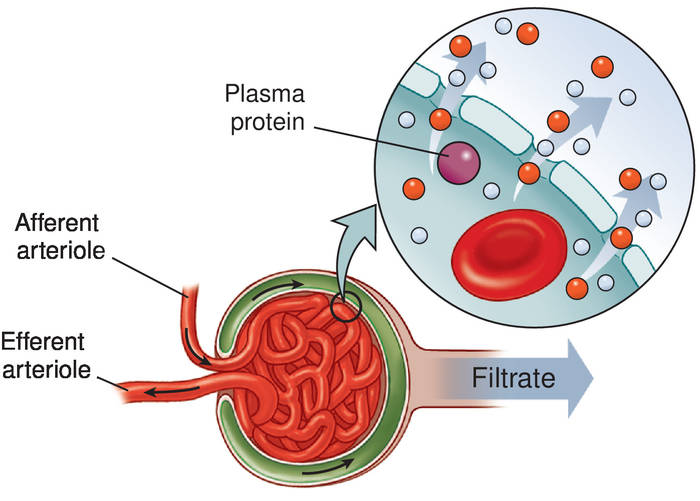When you are diagnosed with a serious chronic illness like glomerulonephritis, you enter into an entirely new world. Suddenly, you’re spending time inside buildings most people never even noticed. Almost everything you previously did or thought is now looked at through the lens of your illness. Can I still do that? If I do, will the hell to pay afterword be worth it?

But perhaps the most immediate change is in vocabulary. You’re thrown into a world of “medical-speak” where everyone is speaking a foreign language (sometimes literally!). There are acronyms that seem impossible to figure out, and words with more syllables than you ever used in a single word, ever.
And all of it happens at a time when you’re an emotional and physical wreck and have less control over everything.

Sometimes it helps to grab control whenever and wherever you can, and one helpful first step is to learn what all the words surrounding your condition mean.
With that in mind, I give you—Ta! Da!—a (very) basic glossary of glomerulonephritis (in alphabetical order):
Acute inflammation: swelling, pain, redness, heat, and loss of function that come on suddenly
Acute glomerulonephritis: glomerulonephritis in which both kidneys are affected, looking enlarged, fatty, and congested; predominantly affects children from ages two to 12 and is commonly associated with tonsillitis or scarlet fever (with treatment, 90% of children recover without complications; adults recover more slowly)
Capillary: teeny, tiny, hair-like vessels with walls that act as a semipermeable membrane that some blood and fluids can pass through
Chronic inflammation: swelling, pain, redness, heat, and loss of function that develops gradually or that lasts for a long time
Chronic glomerulonephritis: glomerulonephritis that develops over a period of 10-20 years and is frequently associated with diseases such as diabetes, hepatitis, lupus, and malaria; can progress so slowly that symptoms aren’t noticeable until the kidneys can no longer function
Dialysis: passing fluids through a semipermeable membrane so that it’s filtered; most people are familiar with mechanical kidney dialysis where people whose kidneys aren’t functioning get their blood filtered by an external machine
Edema: swelling or puffiness caused by an abnormally large amount of fluid in body tissues
Glomerulonephritis: the umbrella name for a group of diseases in which the tiny filters that help clean your blood (called glomeruli—from the singular glomerulus) become inflamed for so long that the kidney is damaged

Nephron: a structural and functional unit of the kidney; it looks kinda like a minute funnel with a long stem and two convoluted, loopy tubular sections. Each kidney contains about 1.25 million nephrons—and every nephron is capable of forming urine. The nephrons’ job is to remove urea, uric acid, creatinine and any excess sodium, chloride, and potassium ions from blood plasma
Proteinuria: having too much protein spill out of your blood and into your urine—healthy adults generally have about 150 mg of protein per day in their urine; proteinuria can be caused by strenuous exercise or kidney disease
Renal: Having to do with the kidneys
Urea: the waste product found in urine that’s formed in the liver from amino acids and ammonia compounds; urea is created when your body normally metabolizes nitrogen
Uric acid: the semi-solid byproduct of your body normally metabolizing protein
Another great source for education and information in the US is the National Kidney Foundation.
What words did you find hard to understand when YOU were diagnosed? Share in the comments!


